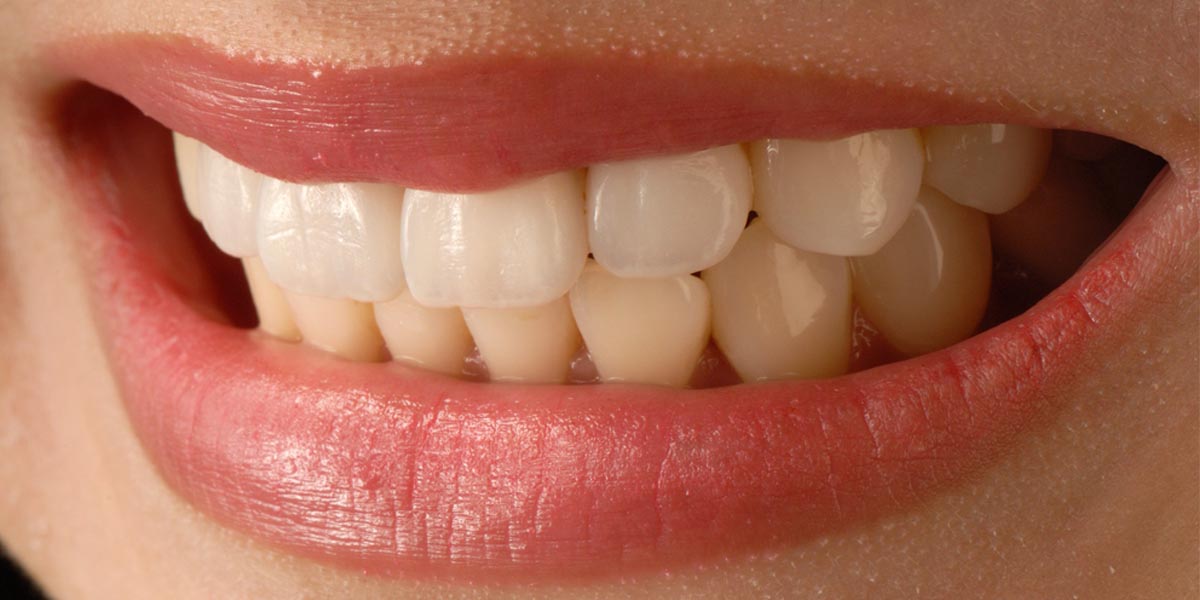
Image Source: Google
Tooth sensitivity can be a real pain, quite literally. It can make enjoying your favorite foods and drinks a challenge, and even simple tasks like brushing your teeth can become uncomfortable. But fear not, there are ways to tackle tooth sensitivity and reclaim your oral health and comfort. You can also pop over to this link if you're looking for the best tooth-sensitive treatment.
Understanding Tooth Sensitivity
Tooth sensitivity is a common dental problem that can cause discomfort or pain when the teeth are exposed to certain stimuli, such as hot or cold temperatures, sweet or acidic foods, or even cold air. This sensitivity occurs when the underlying dentin of the teeth is exposed due to receding gum tissue or enamel wear. Understanding the root cause of tooth sensitivity is essential in finding the right treatment techniques to address the issue.
Causes of Tooth Sensitivity
- Enamel erosion
- Gum recession
- Tooth decay
- Cracked teeth
- Grinding or clenching teeth
Treatment Techniques for Tooth Sensitivity
1. Use Desensitizing Toothpaste
One of the simplest and most effective ways to tackle tooth sensitivity is by using desensitizing toothpaste. These toothpastes are specifically formulated to help block the transmission of sensation from the tooth surface to the nerve, providing relief from sensitivity over time.
2. Practice Good Oral Hygiene
Maintaining good oral hygiene is crucial in preventing and reducing tooth sensitivity. Brushing your teeth twice a day with a soft-bristled toothbrush and fluoride toothpaste, flossing daily, and using an antiseptic mouthwash can help keep your teeth and gums healthy, reducing the risk of sensitivity.
3. Avoid Acidic Foods and Drinks
Acidic foods and drinks can erode tooth enamel and contribute to tooth sensitivity. Limit your consumption of acidic items such as citrus fruits, tomatoes, and soda, and rinse your mouth with water after consuming them to help protect your teeth.
4. Consider Fluoride Treatments
Fluoride treatments, either in the form of a professional fluoride application at the dentist's office or a fluoride mouthwash or gel for home use, can help strengthen tooth enamel and reduce sensitivity. Talk to your dentist about the best fluoride treatment option for you.
5. Address Teeth Grinding
If you grind or clench your teeth, this habit can wear down tooth enamel and contribute to sensitivity. Your dentist may recommend wearing a mouthguard at night to protect your teeth from grinding and alleviate sensitivity.
6. Schedule Regular Dental Check-ups
Regular dental check-ups are essential for maintaining oral health and addressing any issues, including tooth sensitivity, in their early stages. Your dentist can identify the cause of your sensitivity and recommend appropriate treatment techniques to alleviate the discomfort.
When to See a Dentist
While mild tooth sensitivity can often be managed with at-home remedies, there are instances where professional dental treatment may be necessary. If you experience severe or persistent tooth sensitivity, it is important to schedule a dental appointment promptly. Your dentist can evaluate your oral health and recommend the most suitable treatment to address your sensitivity.
Signs that indicate the need for a dental visit:
- Persistent tooth sensitivity
- Tooth pain or discomfort that lingers
- Swollen or tender gums
- Tooth discoloration
- Pain when biting or chewing
Conclusion
Don't let tooth sensitivity hold you back from enjoying life to the fullest. By understanding the causes of sensitivity and implementing the right treatment techniques, you can effectively tackle tooth sensitivity and improve your oral health and comfort. Remember to practice good oral hygiene, use desensitizing toothpaste, avoid acidic foods, and seek professional dental care when needed. Say goodbye to sensitivity and say hello to a healthier, happier smile!